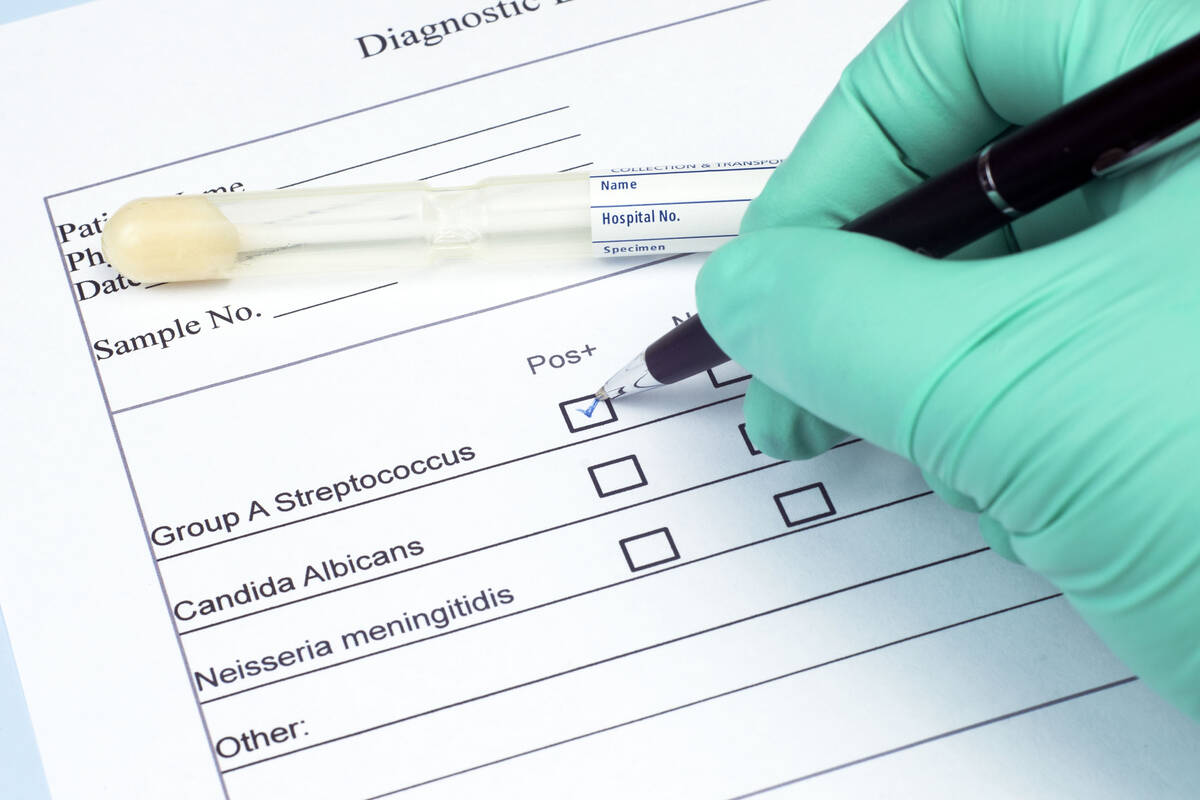Ask the Pediatrician: What are group A strep infections?
Recently, clusters of invasive group A strep infections in children have been reported, understandably causing concern among parents. Here are some common questions I’ve been hearing from families:
What is group A strep?
Group A Streptococcus, (GAS) is a bacteria found commonly on the skin, in the throat and in nasal passages. Simply being exposed to or even harboring the bacteria does not guarantee sickness; this germ is all around us.
How does it make kids sick?
GAS can cause some well-known illnesses. These include strep throat and scarlet fever — which is strep throat plus a sandpaperlike skin rash all over the body — and a skin infection known as impetigo. Most GAS infections are easily treated with antibiotics such as amoxicillin. The symptoms are usually mild and can include:
— Sore throat and pain when swallowing.
— Fever.
— Skin rash or red, itchy sores.
— Swollen lymph nodes.
Less commonly, the bacteria can invade body tissues. When this happens, the infection can cause the child to become quite sick, and the illness can worsen rapidly. These more severe GAS illnesses, such as necrotizing fasciitis (commonly called the “flesh-eating disease”) and streptococcal toxic shock syndrome, can be more dangerous than the more common GAS infections. That’s why they require immediate medical attention.
How do I protect my family?
Group A strep is spread primarily through contact with bodily fluids, wounds or sores of infected people. So, basic hygiene habits are the best protection from getting sick. These include:
— Proper handwashing.
— Covering mouth and nose when sneezing or coughing.
— Regularly sanitizing and changing personal items such as toothbrushes.
— Staying home when sick.
— Treating and covering wounds and sores.
These tips seem simple, but they are critical steps to guard against not only GAS, but a variety of other infections, such as colds, flu, COVID-19 and RSV. Practicing these strategies and encouraging your family to adopt these habits is a key part of protecting everyone’s health.
Should I be worried?
Staying informed and aware is always a good idea. You should continue to pay attention, monitor the situation and follow professional medical guidance. Despite the recent reports of serious illness in children from invasive group A strep, we must remember that this is not a new infection and that it is treatable.
If you or your child begins experiencing any symptoms of GAS or feeling unwell, it’s always wise to call a health care professional for guidance. The earlier treatment begins, the less severe the effects of any infection.
Dr. Christina Johns is a pediatric emergency physician and senior medical adviser at PM Pediatric Care.

















